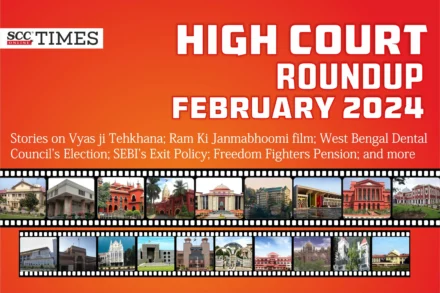
Delhi High Court grants interim injunction to TiE Inc for its mark ‘TIE’/ ‘TiE Global’/ ‘THE INDUS ENTREPRENEUR’
“Balance of convenience lies in favour of plaintiff, and they are likely to suffer irreparable harm in case the injunction, as prayed for, is not granted.”




